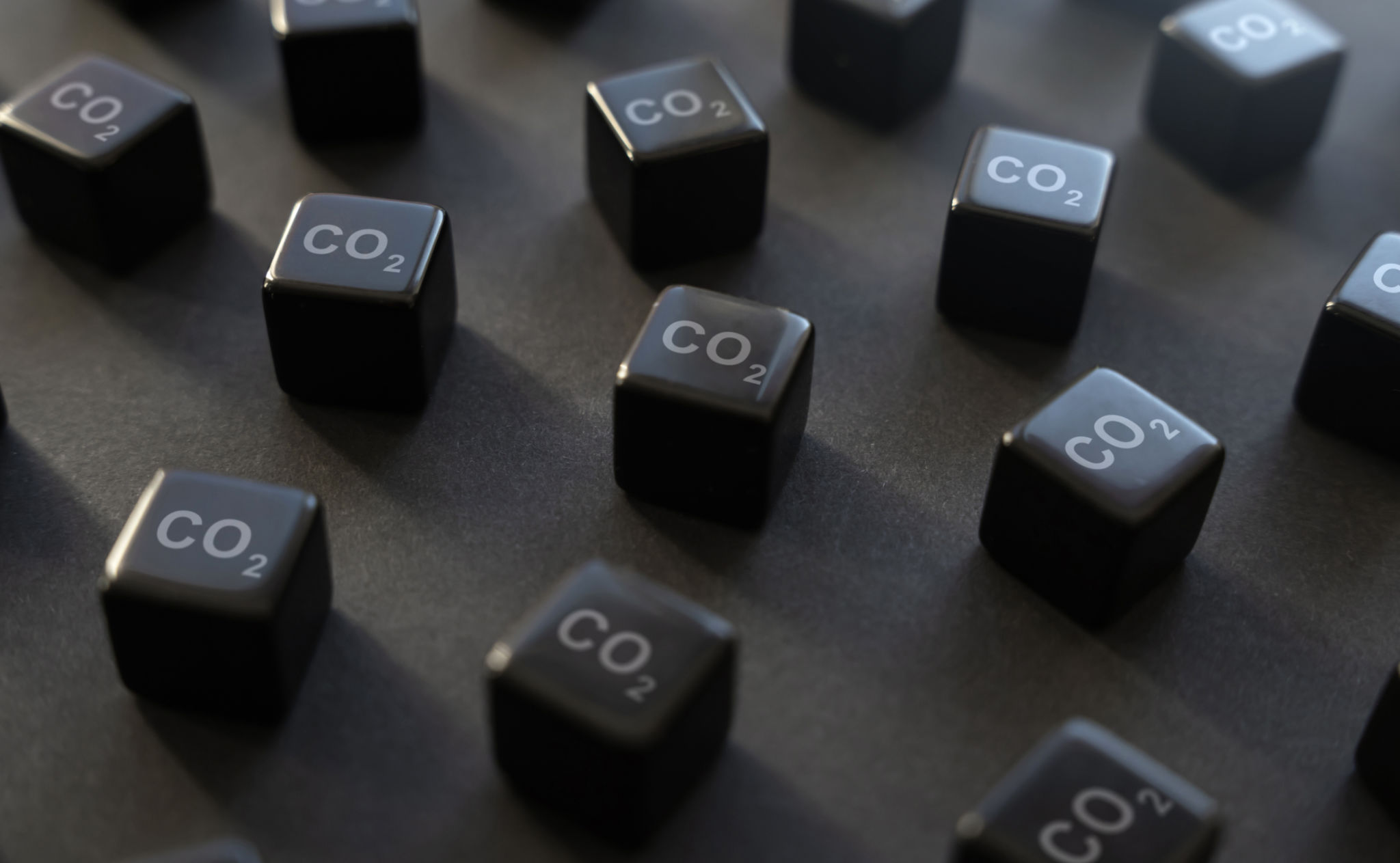Comprehensive Guide to Reducing Your Carbon Footprint in Victoria
Understanding Your Carbon Footprint
Reducing your carbon footprint is an essential step towards a more sustainable lifestyle, especially in places like Victoria, where the natural environment is cherished. Your carbon footprint is the total amount of greenhouse gases you emit directly or indirectly through daily activities. Understanding this can help you make informed choices that positively impact the environment.
Calculating your carbon footprint involves looking at various aspects of your lifestyle, including transportation, energy usage, and dietary habits. By identifying which areas contribute the most to your emissions, you can prioritize actions that will make the biggest difference.

Transportation: Choose Greener Options
Transportation is a significant contributor to carbon emissions. In Victoria, opting for public transit, cycling, or walking can significantly reduce your carbon footprint. The city offers numerous bike paths and an efficient public transportation system, making it easier to choose these eco-friendly options.
If public transport isn't feasible, consider carpooling or driving a fuel-efficient vehicle. Electric vehicles (EVs) are also becoming more accessible and offer a great alternative to traditional gasoline-powered cars. With increasing charging infrastructure in Victoria, switching to an EV is more convenient than ever.
Offsetting Emissions
While reducing emissions is ideal, some level of emissions might be unavoidable. In such cases, consider offsetting your carbon footprint through programs that invest in renewable energy projects or tree planting initiatives. These can help balance out the emissions you cannot eliminate.

Energy Efficiency at Home
Your home is another area where you can make impactful changes. Start by conducting an energy audit to identify areas for improvement. Simple actions like switching to LED bulbs, using energy-efficient appliances, and ensuring proper insulation can markedly reduce energy consumption.
Incorporating renewable energy sources such as solar panels can further decrease reliance on fossil fuels. Victoria's climate is well-suited for solar energy, and government incentives often make these installations more affordable.

Sustainable Dietary Choices
The food you consume contributes to your carbon footprint as well. Consider adopting a diet that includes more plant-based foods and reduces meat and dairy intake. Livestock farming is resource-intensive and produces significant emissions.
Additionally, supporting local farmers by purchasing seasonal produce helps minimize the carbon footprint associated with transporting food over long distances. Farmers' markets in Victoria provide access to fresh, locally-sourced ingredients that are not only good for the planet but also delicious.
Reducing Food Waste
Food waste is another critical area to address. Plan meals ahead of time, store food properly, and get creative with leftovers to avoid unnecessary waste. Composting organic waste is also an excellent way to reduce landfill contributions and enrich soil for gardening.

Final Thoughts on Reducing Carbon Footprint
Reducing your carbon footprint in Victoria is not only beneficial for the environment but also enhances your quality of life. By making conscious choices in transportation, energy use, and dietary habits, you contribute to a healthier planet and community.
Remember, every small step counts. Encourage friends and family to join you in this important journey towards sustainability. Together, we can make a significant impact and preserve the beauty of Victoria for generations to come.
